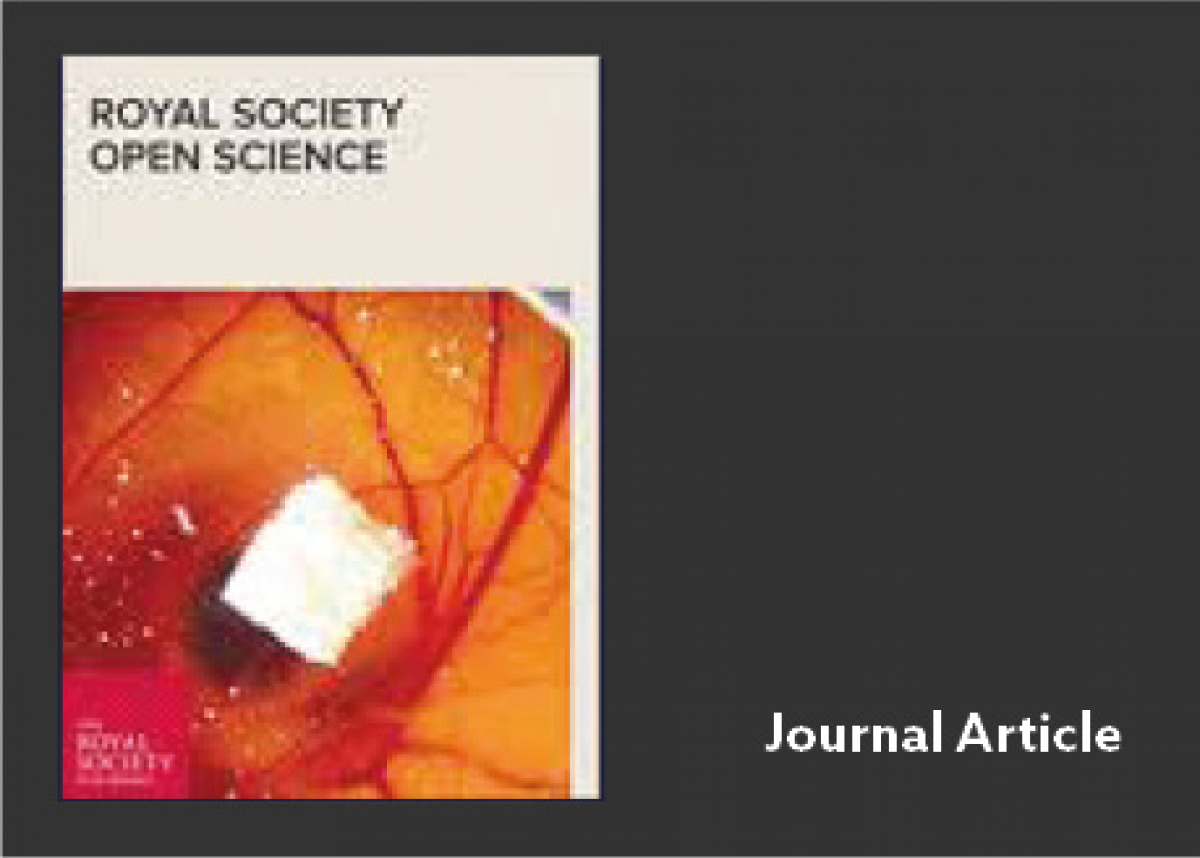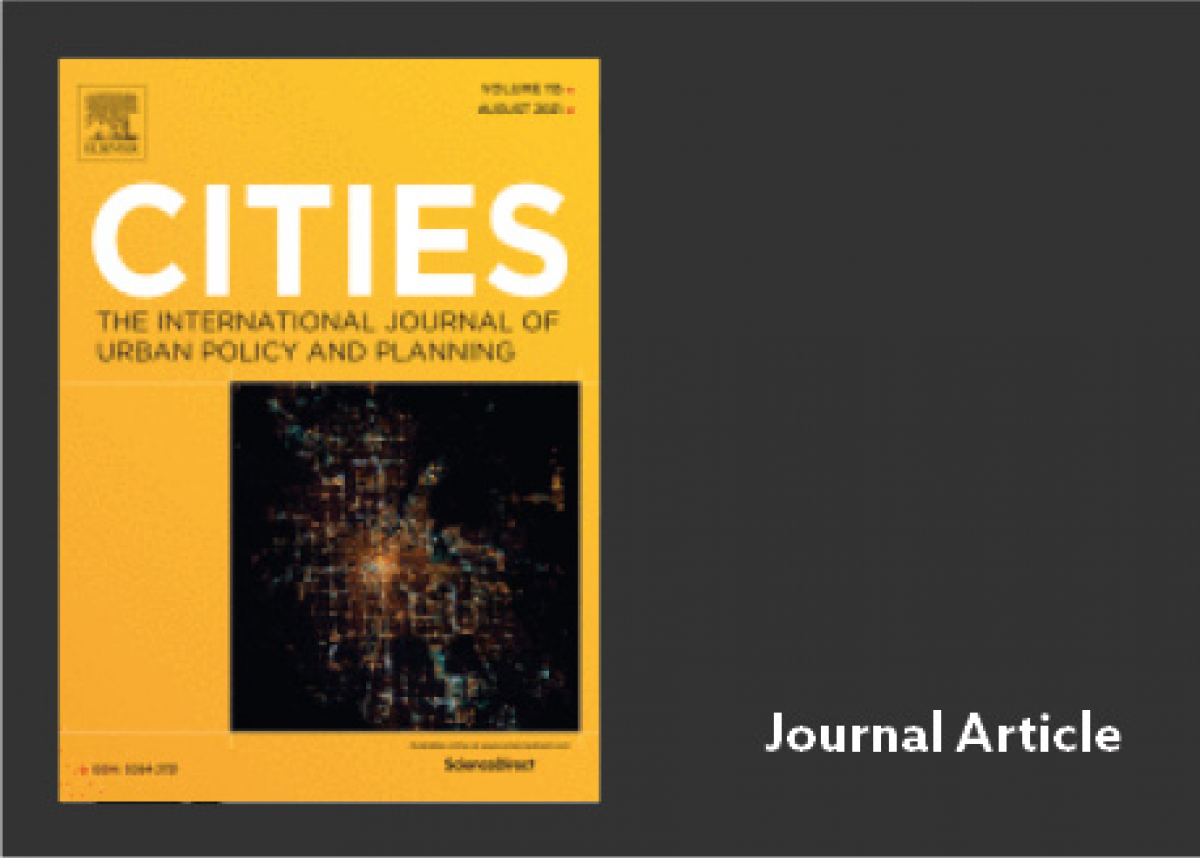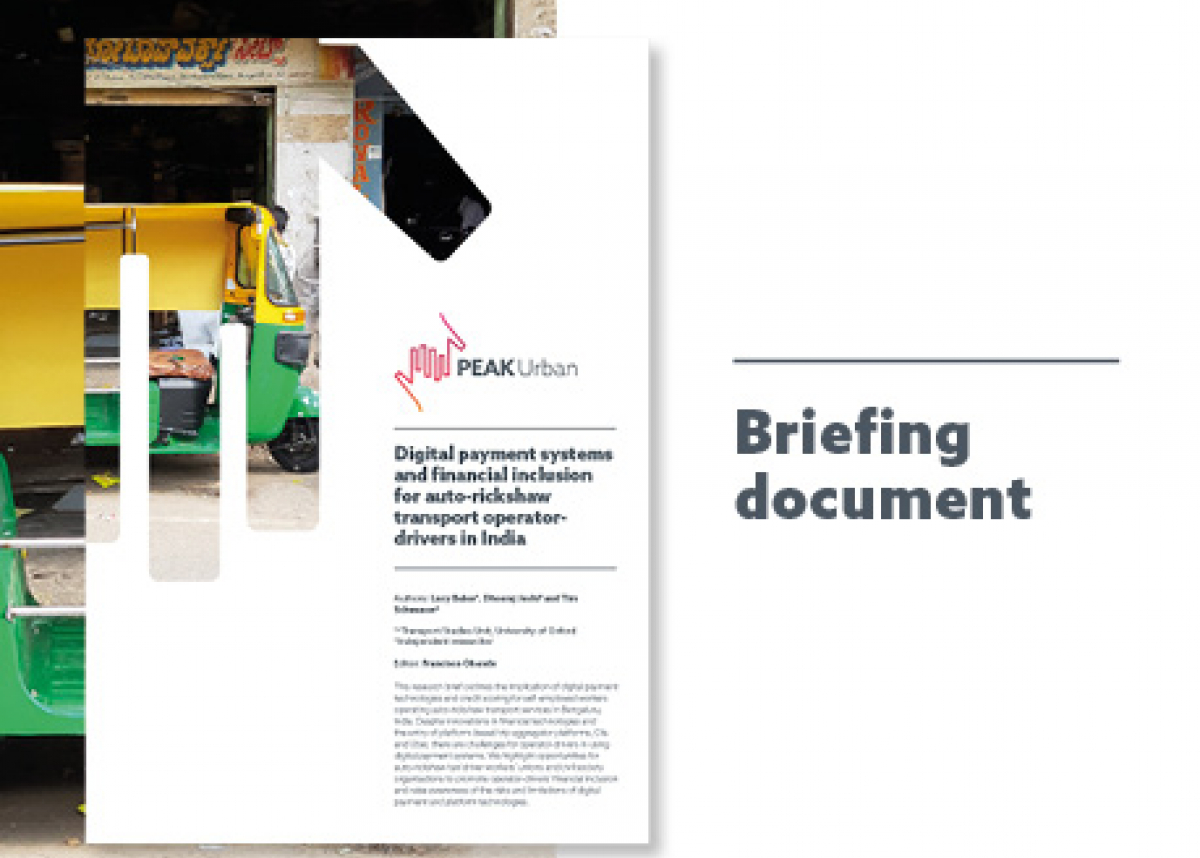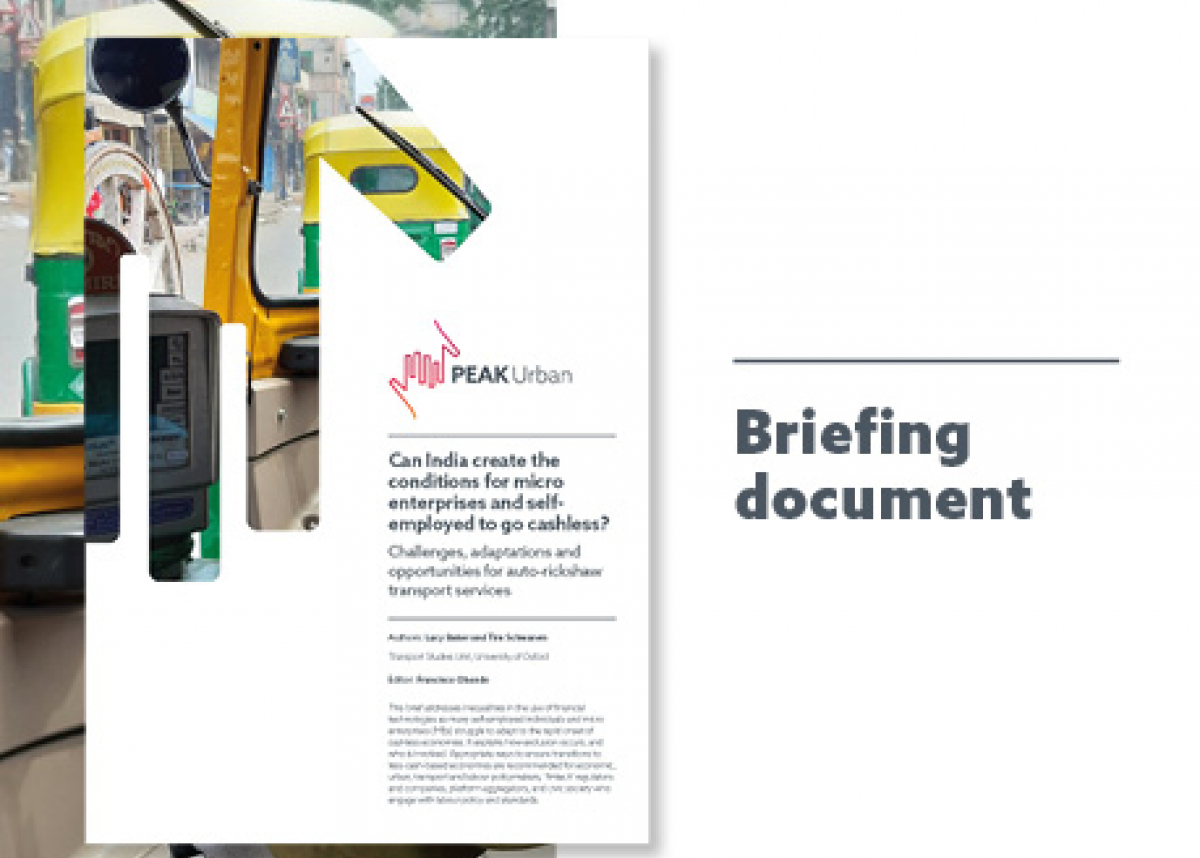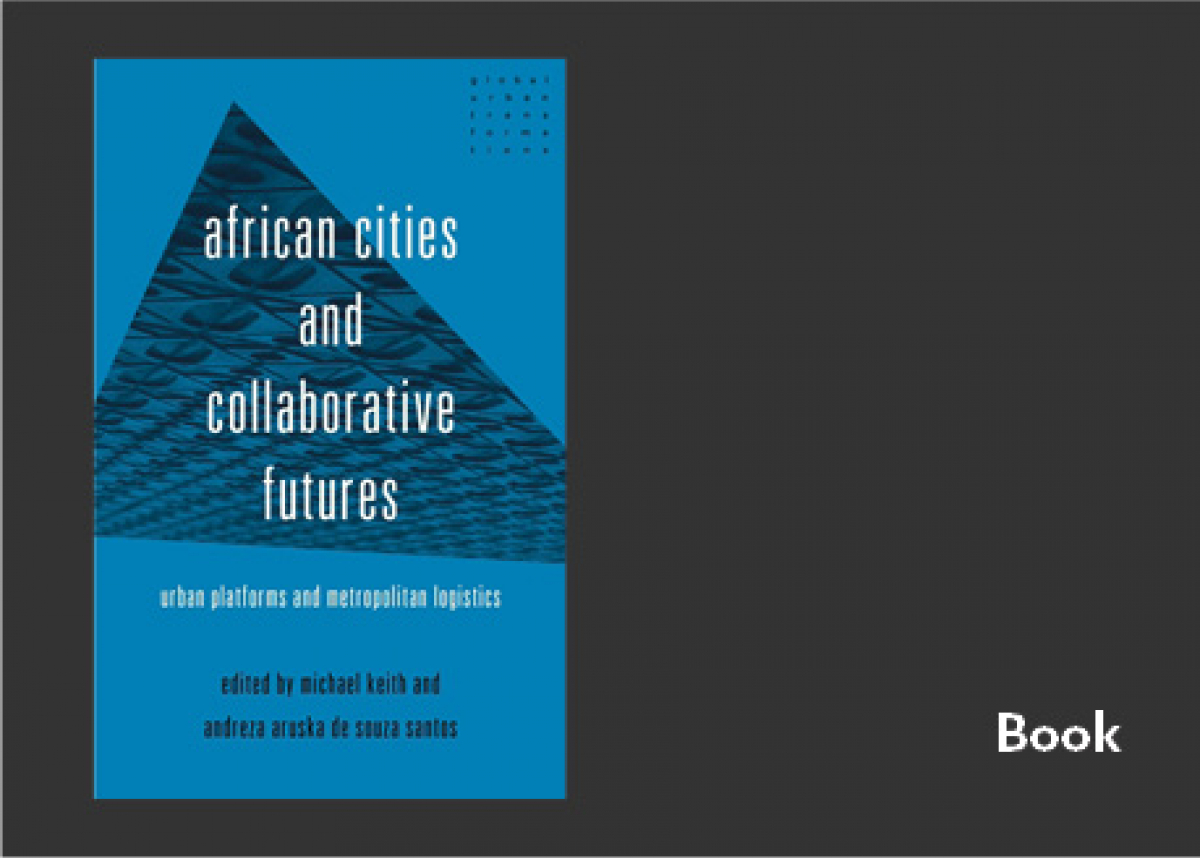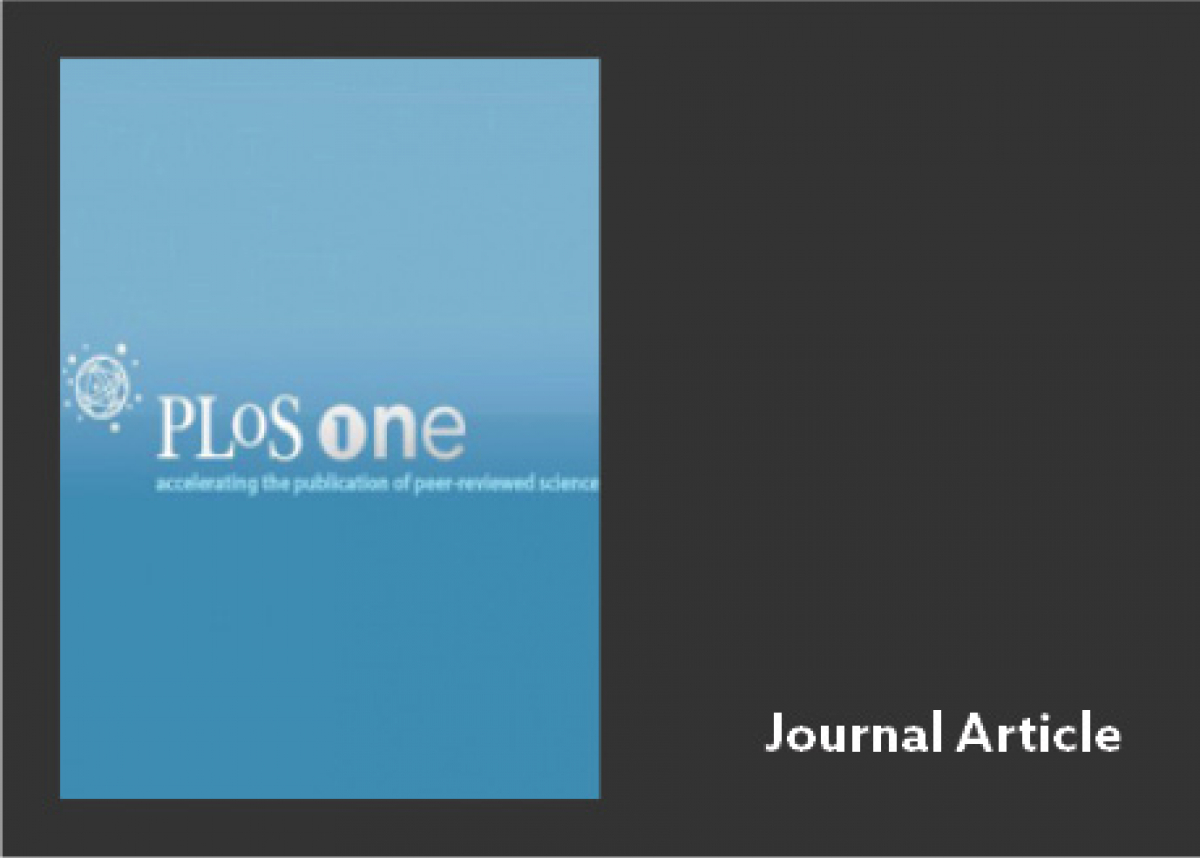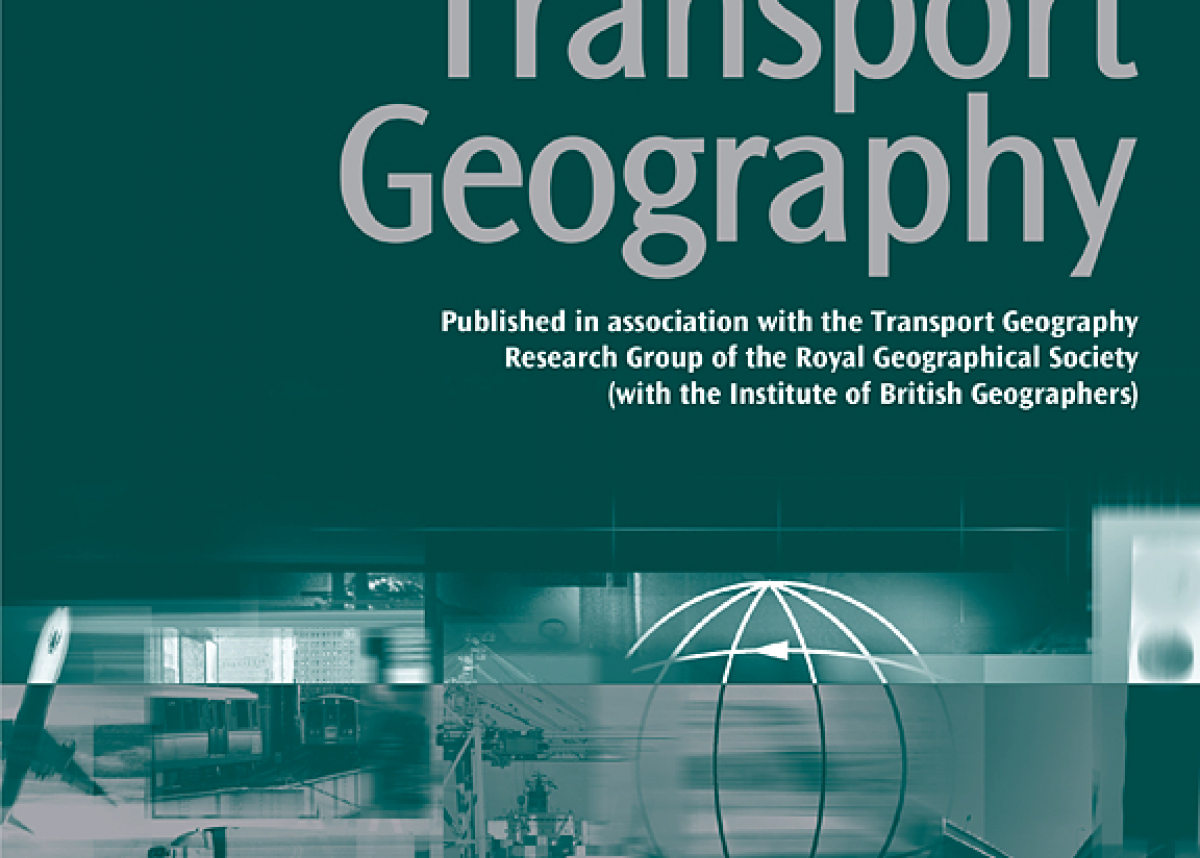
Thinking outside the commute: The vital role of mothers’ mobility in equitable, sustainable transport for urban Africa
Urban transport planning traditionally prioritises commuting over other types of travel – undermining women’s mobility and deepening gender-based exclusions. Mothers of young children, who perform the bulk of social care work on which cities rely, are especially disadvantaged.
Research into mothers’ mobility in Abidjan, Cote d’Ivoire, shows how women use popular transport to carry out their vital roles generating income, providing care and running households. This usage is a critical part of urban infrastructure, including supply chains. To fulfil these roles, women rely on services such as school lunches and childcare, which allow them to move about the city, and which also depend on informal transport. Yet existing commuter-focused transport policies undermine women’s mobility.
To deliver inclusive, sustainable urban mobility, policies must provide cross-sectoral support for the popular transport networks and social systems which women rely on to travel around the city and perform their essential roles.

